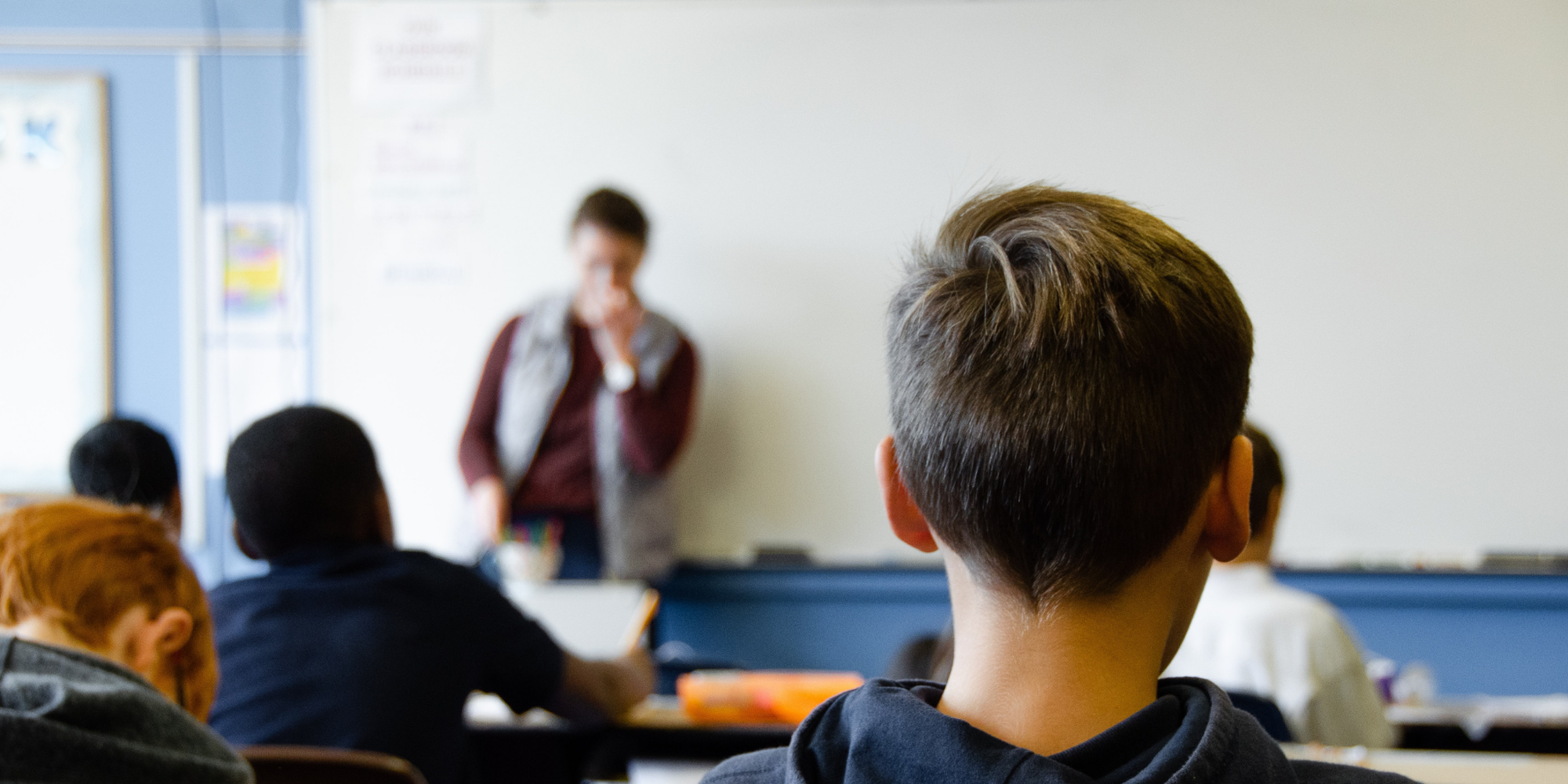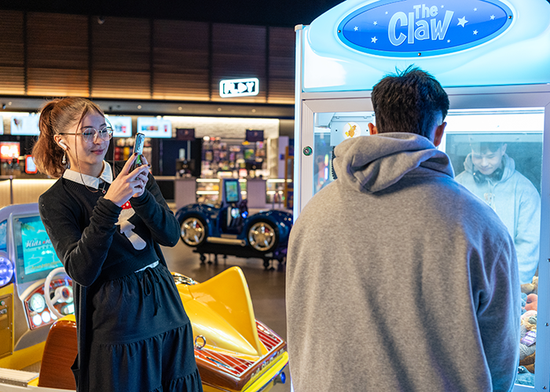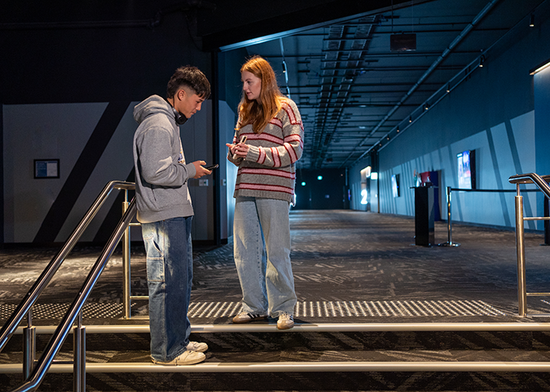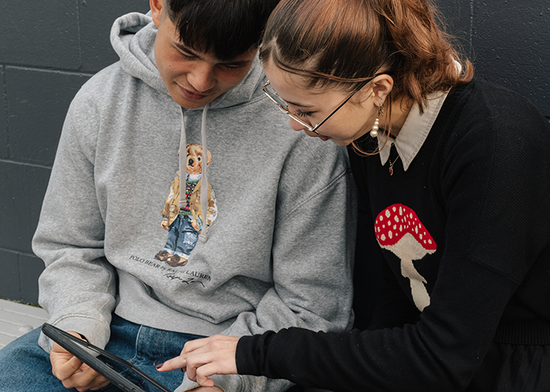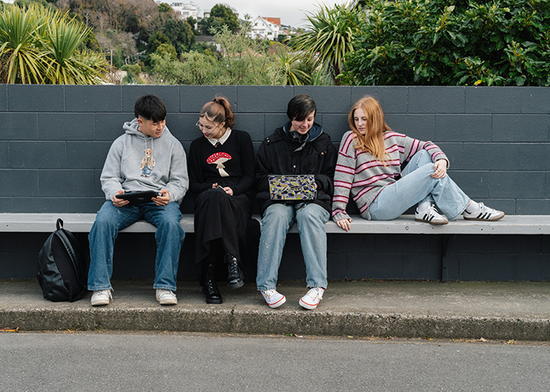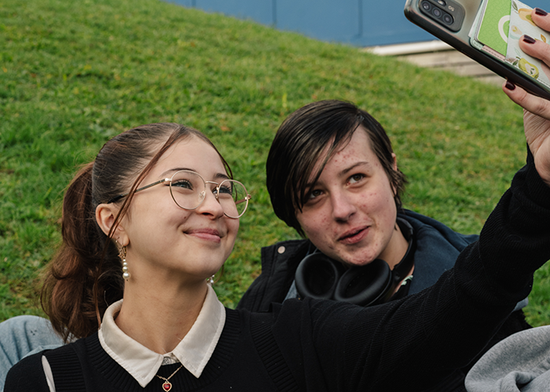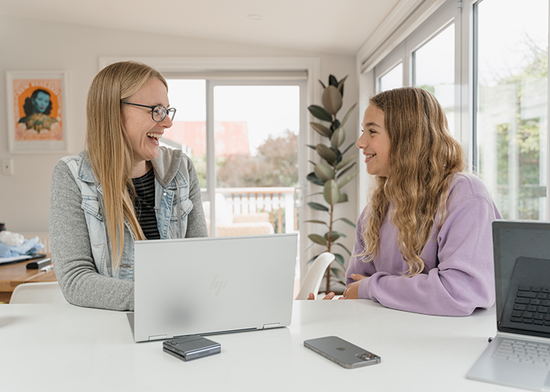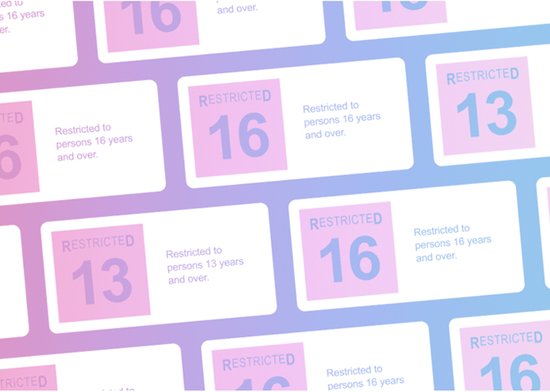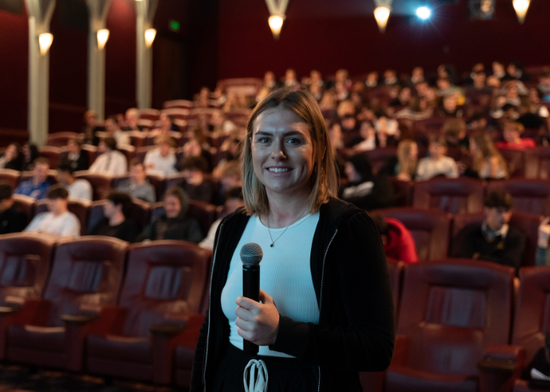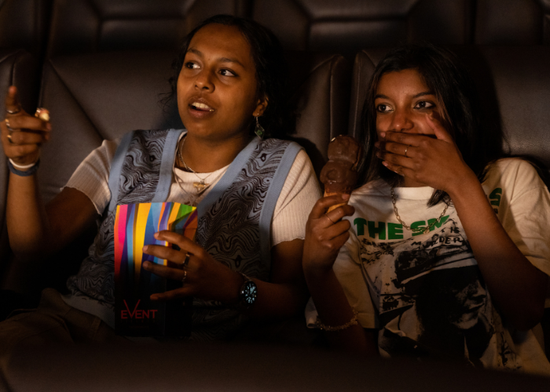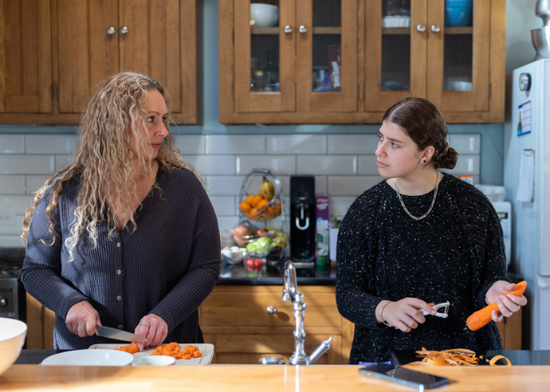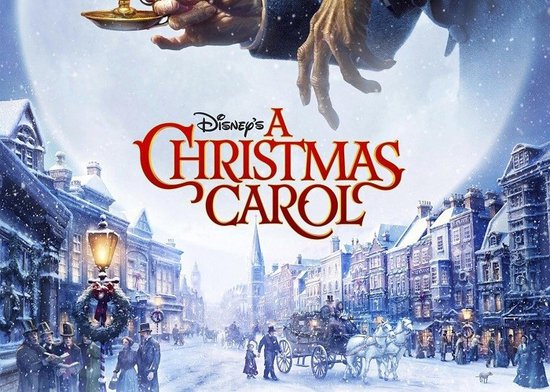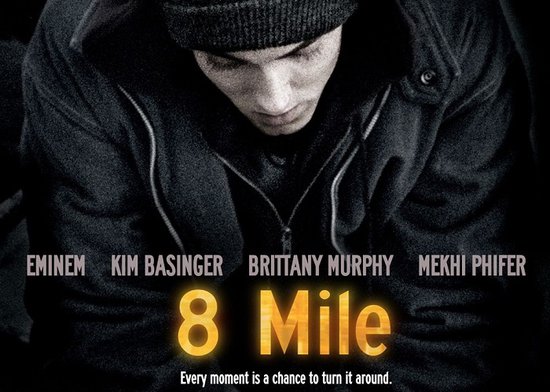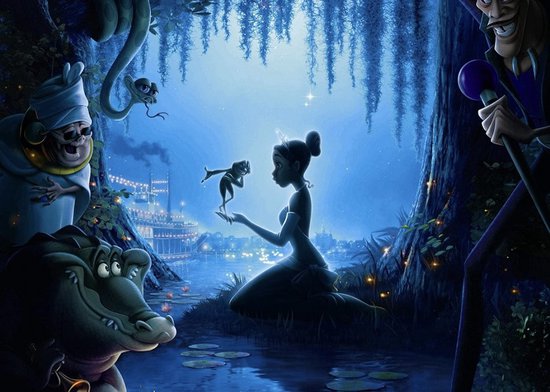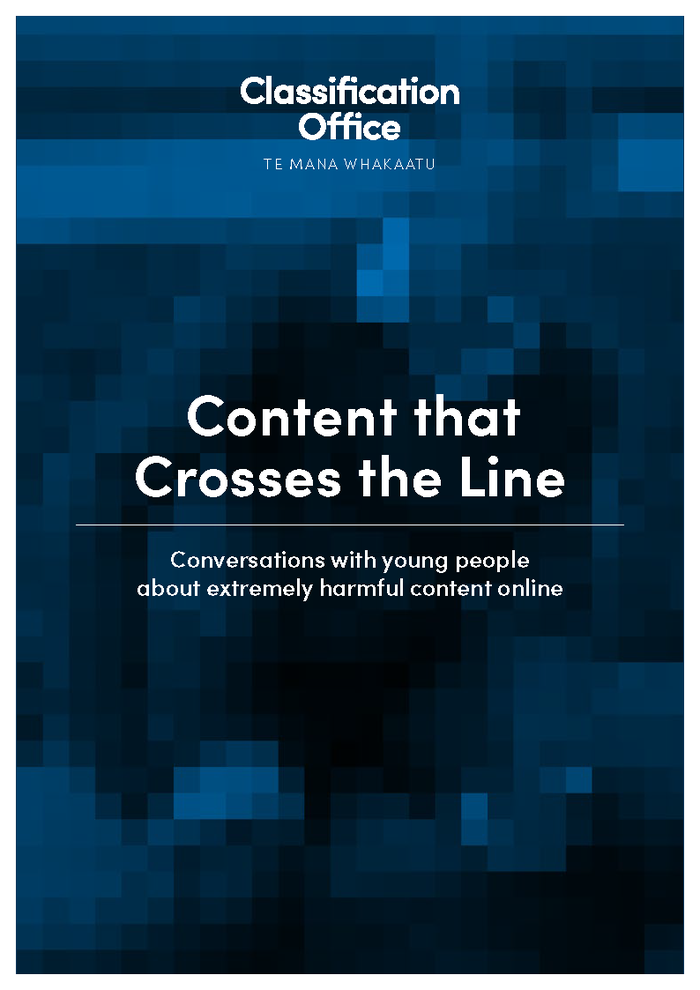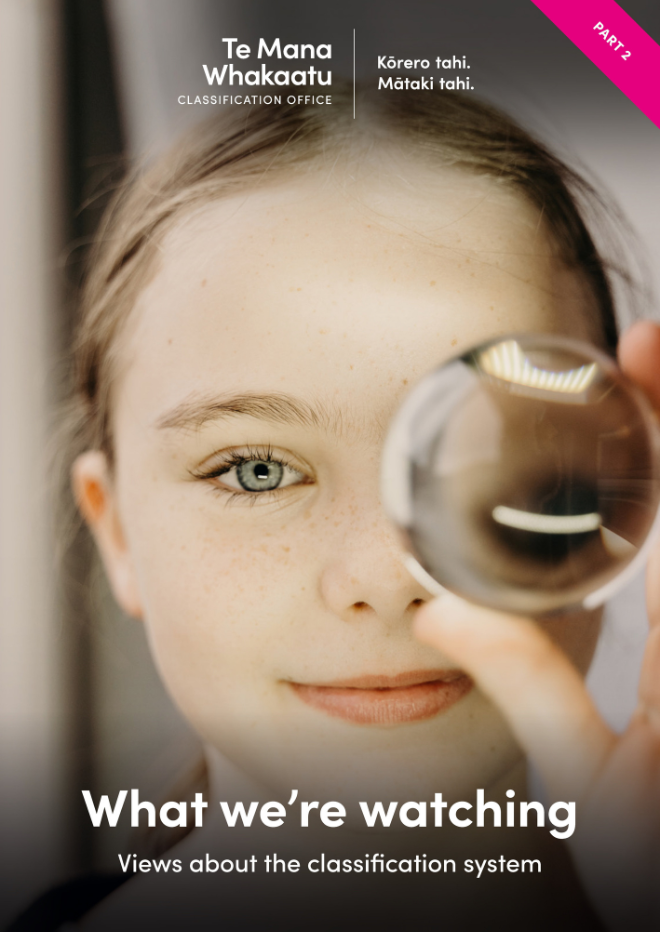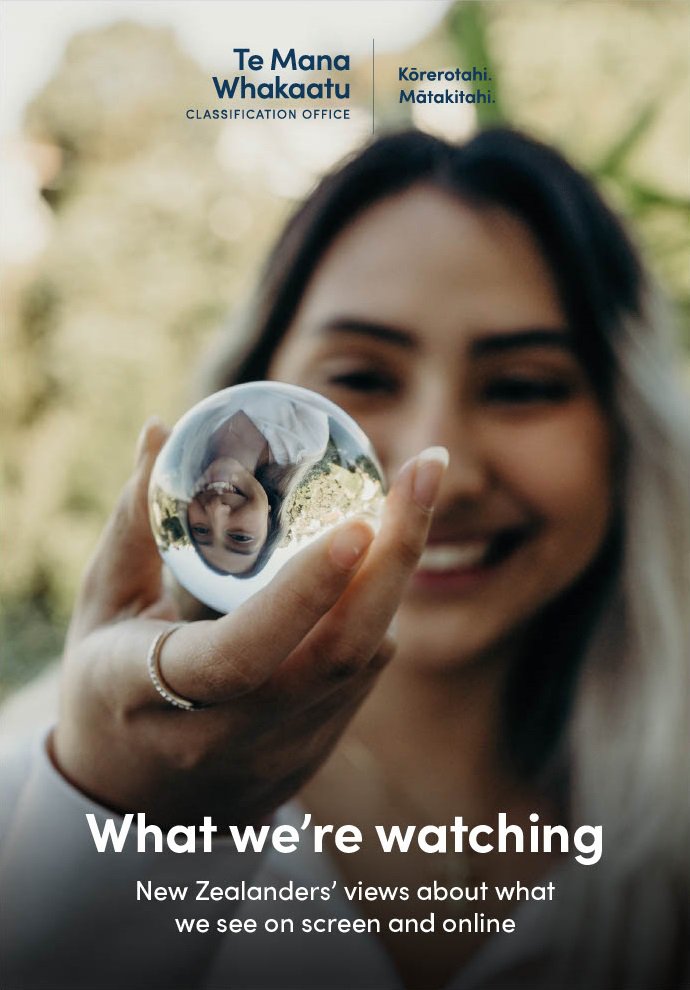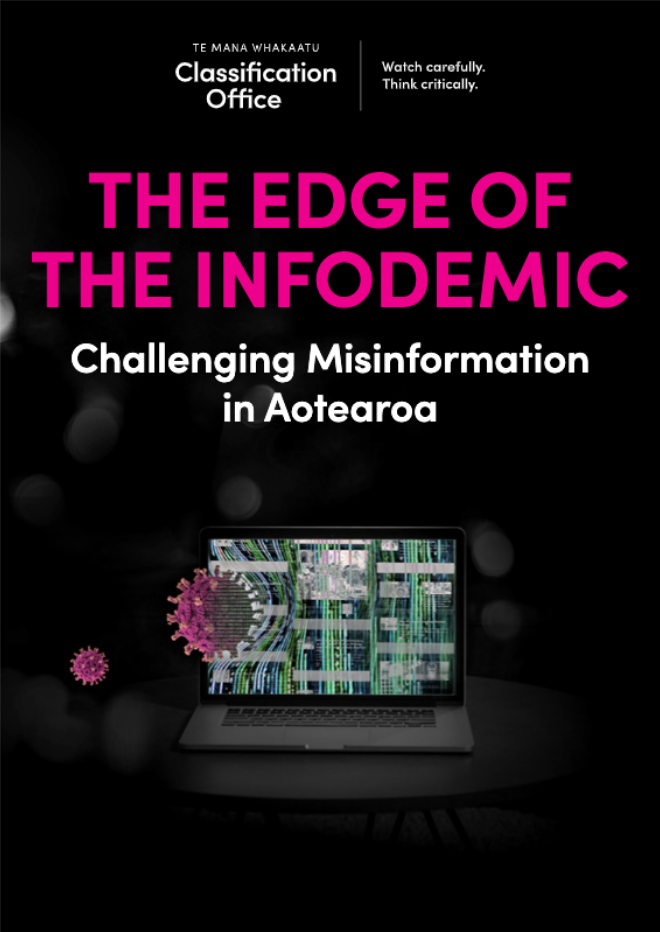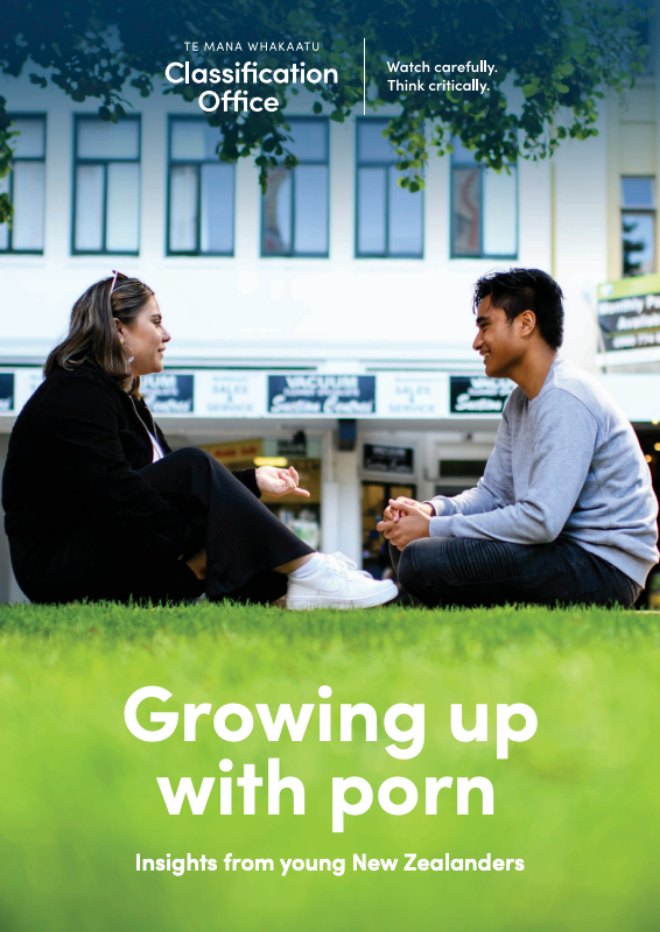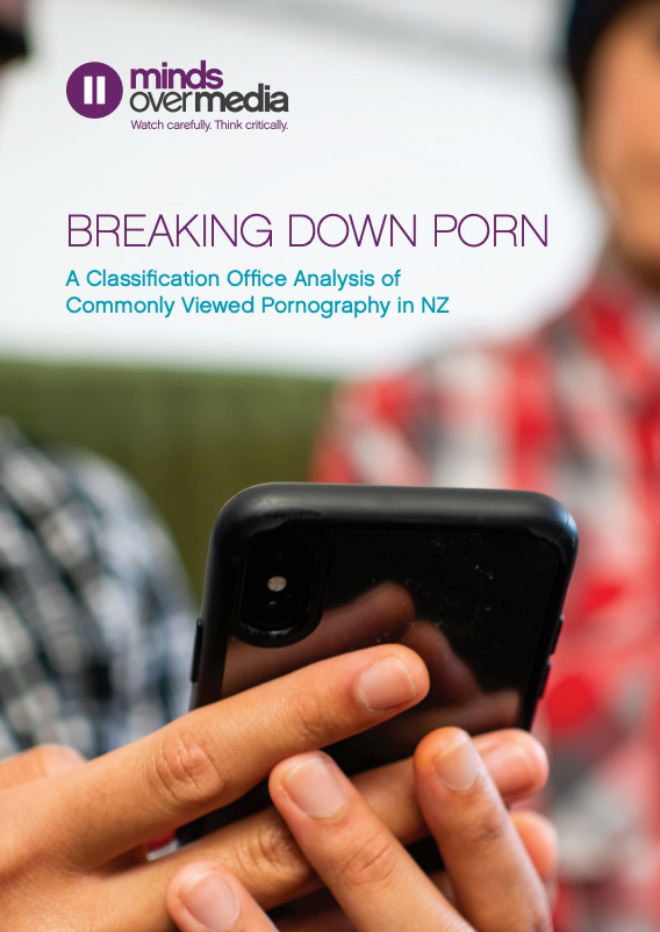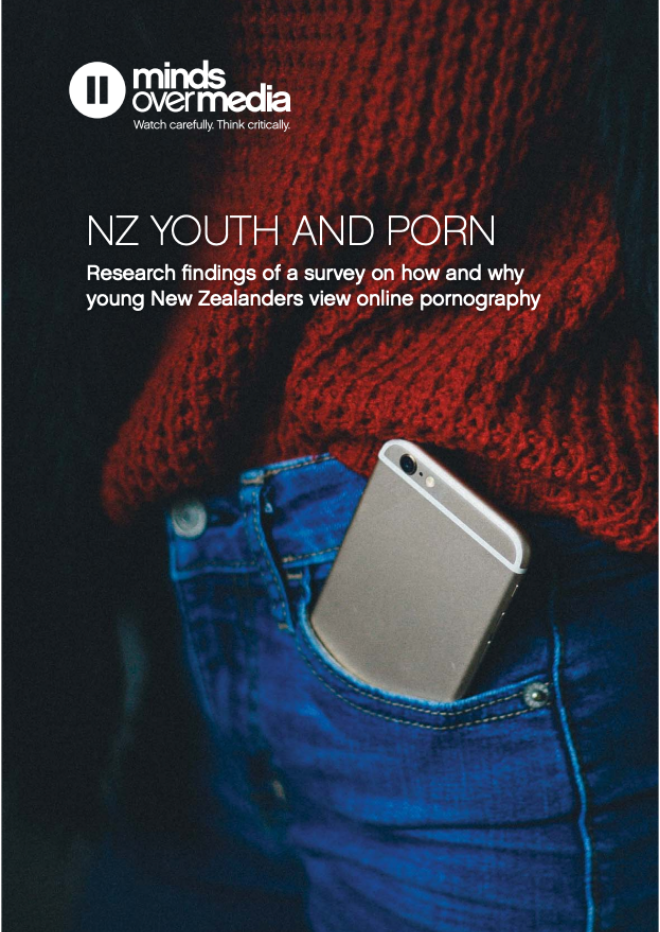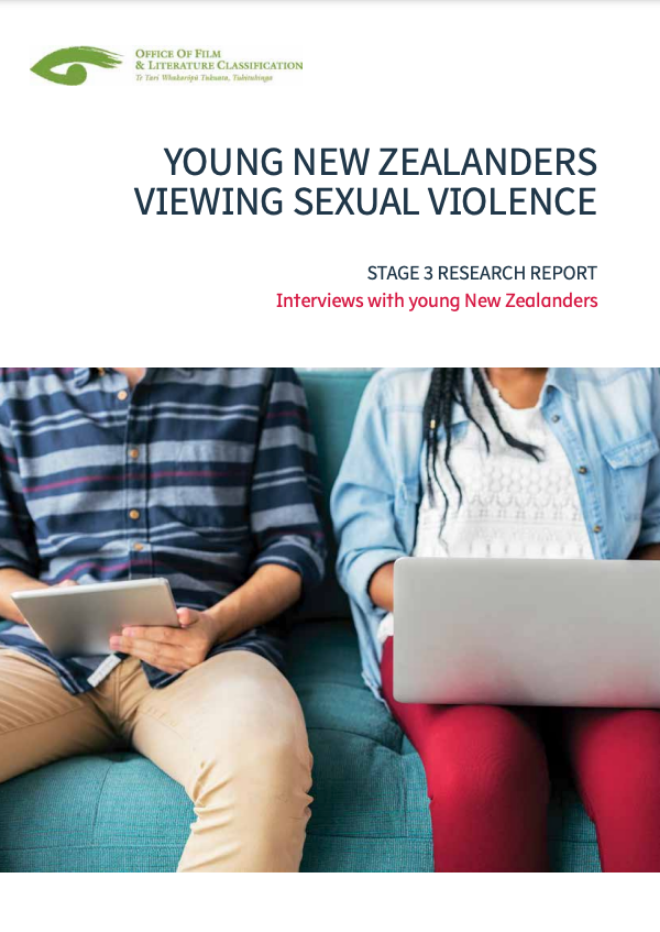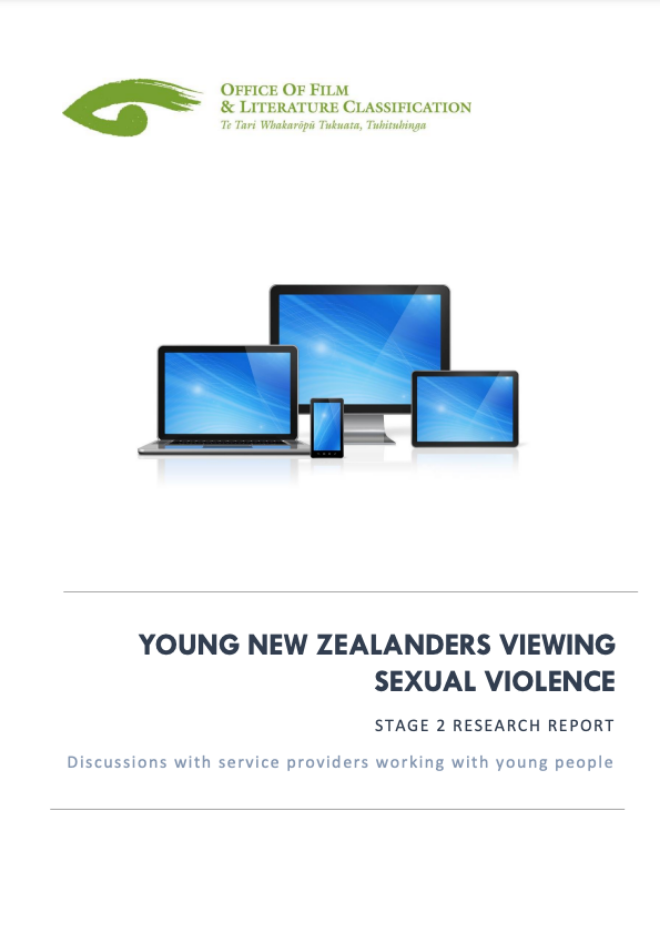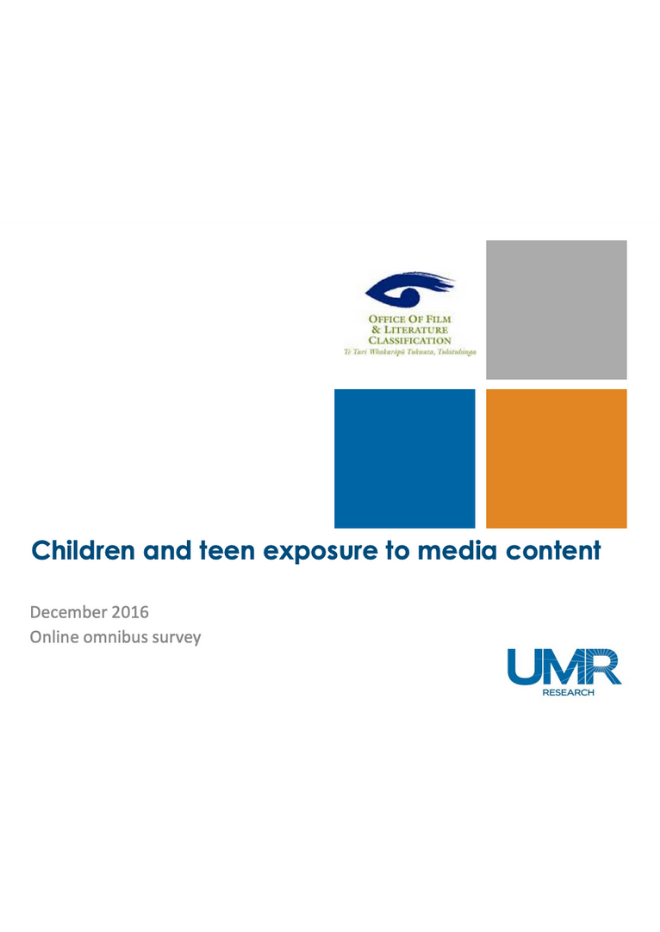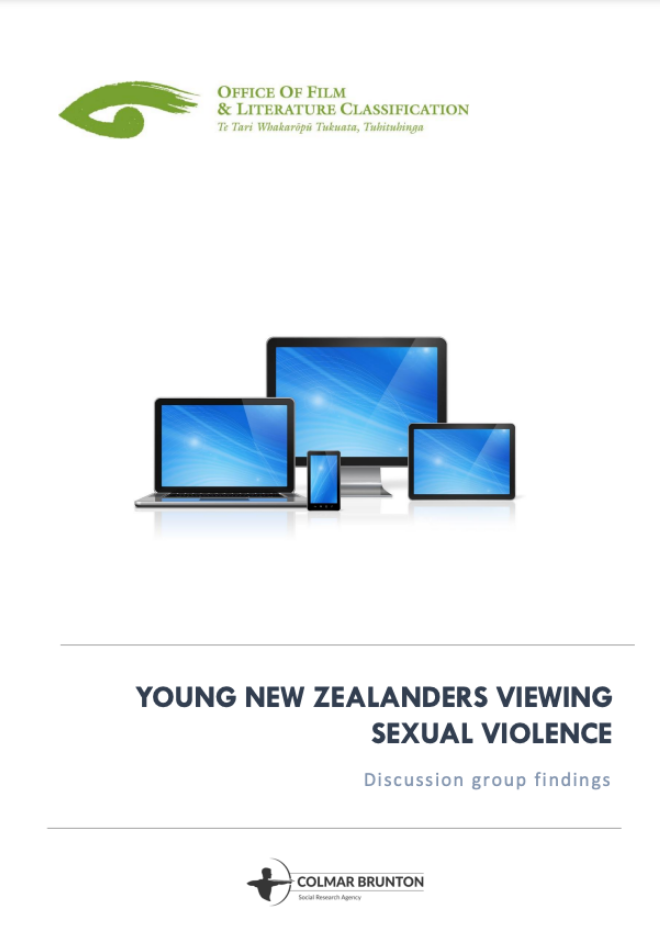Educators
Educators play an important role in ensuring that young people are shown age-appropriate publications and equipping them to deal with challenging content.
Resources for educators
We can help
Te Mana Whakaatu offers a range of in-school presentations for rangatahi, parents and those working with youth.
We provide tips, tools and practical advice about how to navigate tricky kōrero in a positive way.
Get in touch if you think your community would benefit from an in-person speaker.
People often ask
Can I show a restricted film to my class?
If you wish to show a restricted film to students who are underage, you will need to apply for an exemption. The application must be accompanied by the required fee of $102.20. This fee is non-refundable if the application is declined.
Can I show an M-rated film to my class?
Films and games with an M label can be sold, hired, or shown to anyone but they are more suitable for mature audiences. The M means the movie might contain violence, offensive language, drug use, sexual or adult themes or nudity. It’s a good idea to check the descriptive note and you should view the film in advance. Schools will often have a policy about showing M-rated films so it is important that you check this before showing any M-rated content in class.
Do you have advice about talking to students about porn?
We’ve released several research reports and resources to help adults have healthy conversations with young people about porn. You can find them here. We have also created a resource – Ka huri i te kōrero | Changing the conversations – with the Ministry of Education to support school teachers to talk about pornography when delivering Relationships and Sexuality Education.
Te Mana Whakaatu offers a range of in-school presentations for rangatahi, parents and those working with youth. We offer tips, tools and practical advice on how to navigate this tricky kōrero in a positive way. Get in touch if you think your community would benefit from an in-person speaker.
Do films made at school need to be classified?
Some films, such as unrestricted films "directly related to the curriculum of pre-school, primary, secondary or tertiary educational institutions" do not need to be labelled. A full list of the types of films exempted from labelling can be found by reading section 8 of the Films, Videos, and Publications Classification Act 1993.
Research
Content that Crosses the Line: Conversations with young people about extremely harmful content online
In their words: conversations with young people in Aotearoa about extremely harmful online content. This consultation report shows that encountering extreme – and sometimes illegal or banned – material is part of life online for many rangatahi.
What We're Watching: Part 2
This report includes findings from research conducted in early 2022 which were not included in our initial What We're Watching report. It includes further details about New Zealanders' views on age ratings, the classification system, and the role of the Classification Office.
What We're Watching
Harmful content both online and offline is reaching New Zealanders and causing real concern, particularly for children and young people. This research asked people from around the country about what they're watching and what concerns they had about it.
The Edge of the Infodemic
New Zealanders are worried about the growing spread of misinformation and the harm it is causing our communities. No one is immune from misinformation: this nationally representative survey of more than 2,000 people aged 16 years and over found that just about everyone is affected in some way.
Growing Up with Porn
From more than 50 interviews with a diverse group of young New Zealanders aged 14-17, we found that rangatahi were not getting guidance from trusted adults in their lives when it comes to tackling tough subjects like porn, sex, relationships and consent.
Breaking Down Porn
We know young people are using porn as a way to learn about sex, and that is concerning. We wanted to understand what New Zealanders are watching, so we harvested the top 200 most viewed videos from Pornhub over the past year.
NZ Youth and Porn
What is the size and scope of pornography use by young New Zealanders? Why do young people view pornography and how does it make them feel? What behaviours do young people see in pornography and how do they perceive these behaviours? What are the main ways young people learn about sex?
Young New Zealanders Viewing Sexual Violence - Stage 3
Our research and consultation project explored the effects of viewing sexual violence in mainstream commercial media such as movies, TV shows and games. Stage 3 involved 24 interviews with 48 young people.
Young New Zealanders Viewing Sexual Violence - Stage 2
Our research and consultation project explored the effects of viewing sexual violence in mainstream commercial media such as movies, TV shows and games. Stage 2 involved participants from 20 different including NGOs, government officials, academics and others.
Children and Teen Exposure to Media Content
We commissioned UMR to survey New Zealanders about media content. Results indicate there is widespread public concern about content such as sex and violence in entertainment media, particularly amongst parents. The results support previous research showing the importance of classifications.
Young New Zealanders Viewing Sexual Violence - Stage 1
Our research and consultation project explored the effects of viewing sexual violence in mainstream commercial media such as movies, TV shows and games. Stage 1 of the research involved a number of focus groups with teenagers.
